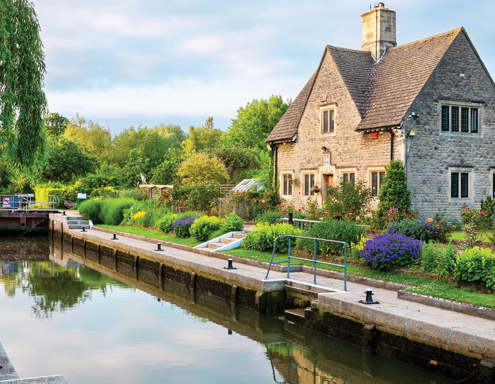 https://www.parkhomeassist.co.uk/wp-content/uploads/2024/05/menu-holiday-home.jpg
384
600
Admin
/wp-content/uploads/2017/05/logov2.png
Admin2026-02-13 09:00:002026-02-16 20:43:53How to Choose the Best Insurance Policy for your Holiday Home
https://www.parkhomeassist.co.uk/wp-content/uploads/2024/05/menu-holiday-home.jpg
384
600
Admin
/wp-content/uploads/2017/05/logov2.png
Admin2026-02-13 09:00:002026-02-16 20:43:53How to Choose the Best Insurance Policy for your Holiday HomeInsure your home with an award-winning insurance specialist
Park Home Assist is one of the UK’s leading providers of residential park and leisure lodge insurance with 20 years’ experience and over 30,000 policyholders.

General Insurance Tips & Advice For Park Home Insurance
Here are some of our more general tips and advice.
For more specific advice please refer to the appropriate section on the Residential Park Home Insurance, Static Caravan Insurance or Holiday Lodge Insurance FAQ pages.
Jewellery
As jewellery claims are settled on the replacement cost of the damaged or lost item, if you don’t have an up to date valuation it can be extremely difficult to establish its value. Park Home Assist recommends you have your jewellery valued at least every five years as a precaution. It is also advisable to take and keep photos of particularly valuable items.
How to calculate sums insured for reinstatement
Reinstatement is an insurance term more commonly known as ‘new for old’ cover.
If you have this cover, in the event of total loss of your home, you should get a brand new equivalent home of a similar size and standard should it not be repairable, or if the cost of repair exceeds the cost of a replacement.
This cover does of course depend on whether your sums insured are sufficient to cover you to purchase a brand new replacement home; along with site clearance, delivery and re-siting costs. If they are not, then you do not have new for old cover! So you will be liable for the additional costs.
Too many people believe that they simply need to insure for the purchase price of the home from the manufacturer and forget that this does not include clearing away the old damaged unit, delivery of the new unit and the cost of re-siting the new home.
Our Park Home Policy provides you with up to £500,000 buildings and £60,000 in contents cover as standard and this includes the cost of site clearance, transportation and re-siting. If you feel that this level of sum insured is insufficient then please advise us before accepting or renewing your policy. It is imperative that you have adequate sums insured as this will affect you should you need to make a claim. So remember, when calculating sums insured you need to take into account site clearance and debris removal of the old home, the manufacturing purchase price of a new home, delivery costs and finally re-siting costs.
Remember if the sums insured are not enough to replace the home, it is not new for old cover, despite what is says in the schedule.
What is site clearance and debris removal?
If you are unfortunate enough to suffer a total loss claim, before your insurers can even consider replacing your home, they need to clear away the debris of your old home and if need be, repair the base of your home.
The cost of site clearance and debris removal can vary significantly according to the park on which you are located as well as your whereabouts in the UK. As most park home manufacturers are located in the Midlands, transportation costs will be higher if your home is sited in the South, or the North of the country. However, our policy covers this within your normal buildings sum insured.
What is re-siting?
Once you have purchased the home, cleared the site and the home has been delivered, we need to also allow for re-siting fees to connect your new home to electricity, gas and sewerage. The park will charge for this service and there may be an extra charge if you have a skirting around your home.
What is wear and tear and maintenance?
Wear and tear can normally be described as damage that has resulted from the home or object naturally reaching the end of its life. This is normally something that can be prevented if the home or object is regularly maintained.
Examples would be windows seals leaking/perishing. Damaged guttering not being repaired, which in turn causes water damage to the property, or the external paint cracking and allowing water to penetrate into the timber walls.
Wear and tear/maintenance is not something that is covered by any insurance company as it is deemed to be the responsibility of the owner. It is important that you ensure that your home is fully maintained. You will find helpful information regarding maintaining your home in some of the features which appear in our news section.
What is an excess?
An excess is the first amount you have to pay in the event of a particular claim. The excess is normally £100 or £250 for escape of water, or £1,000 for subsidence claims. You may also have a £2,500 excess for flood, but all excesses are detailed within your policy schedule.
The reason for an excess is to stop people claiming for minor accidents or losses as they fall below the excess limit. If there were no excess, clients could claim for relatively small amounts that would cost more in administration than the claim was actually worth. This might not seem like a good thing for the customer, but the extra cost in dealing with these minor claims would be recouped by increased premiums, which may be more than the claim cost in the first place.
Can I live on a holiday park?
In the eyes of the law, there is a clear distinction between a holiday park and a residential park. See our advice on buying a park home for more information.
Unoccupied period
Frost damage and escape of water can cause serious damage to your home whenever it is left unoccupied. So we advise that you follow our closing down recommendations if you are to leave your home unoccupied during the winter period from 1st November – 31st March when special restrictions apply to your insurance.
Between 1st April and 30th September, special restrictions apply after the home has been continuously unoccupied for more than 30 days.
Closing down requirements
Leaving your home unoccupied
- When the park home is left without an occupant for 60 consecutive days or more you must ensure that a responsible person is appointed to supervise and check the property both internally and externally at least once every 30 days.
- When the park home is left without an occupant for 60 consecutive days, valuables are excluded from this insurance.
- Between 1st November and 31st March (both days inclusive) if the park home is left without an occupant for more than 48 hours you must drain the entire water system as a precaution to prevent freezing and any potential damage that may occur. If your park home has a sealed heating system containing antifreeze then this does not need to be drained but antifreeze levels must be checked annually and particularly prior to the period of unoccupancy. (Please refer to ‘Draining your water system for winter occupancy’ on page 7 of our policy wording). In addition all water tanks must be emptied by leaving both hot and cold taps fully open with plugs removed throughout the park home.
Alternatively, if you wish to leave the water supply turned on between 1st November and 31st March (both days inclusive) you must ensure:
- The entire home benefits from a gas, oil-fired, geothermal or full electric central heating system (not night storage heaters) fitted with automatic controls and a separate thermostat. The system must be set to operate continuously for 24 hours of each day (not controlled by a timing device) and the thermostat set to not less than 13 Celsius, and all internal doors must remain open throughout the park home and, where fitted, the loft hatch left open.
Or
- If the heating system as described above is installed and additionally fitted with a ‘frost stat’ that is designed and installed to override all the heating controls, irrespective of their functional status, then this may be set to operate at no less than 4 Celsius. In addition, turn off the water supply.
Floods
Flooding affecting Cumbria (Storm Desmond) in 2015 and large parts of the country in 2007 will still be fresh in the minds of many people. This type of event can be surprisingly quick to develop and we often hear tales of less than 20 minute warnings of a river or stream bursting its banks.
Pre-flood checks
- Be prepared to evacuate your property and think about where you can go for safety – will the route be passable?
- Know how to turn off your gas, electricity and mains water supplies
- Prepare a flood kit of essential items such as a broom, spade, mop and bucket; domestic detergent and disinfectant; rubber boots, gloves and protective clothing; waterproof torch and radio; bottled water for drinking
- Agree where you will go and how to contact friends and family
- Think about which items you can move to a safe place for later and which are essential items for you to have now
- Create a list of important numbers including Floodline 0845 988 1188
You can sign up for Floodline Warnings Direct by calling Floodline on 0845 988 1188 or by visiting the Environment Agency website.
Advice during a flood
- Safety comes first! Think about evacuation before it is too late to move. Make sure you follow any advice or instructions provided by the emergency services.
- If floodwater is about to enter your home, turn off the gas, electricity and water supplies if it is safe to do so. Do NOT touch sources of electricity when standing in flood water.
- Gas and electricity supplies should remain switched off until a qualified professional has checked the system thoroughly. Wiring, appliances and pipe-work should also be inspected for safety and efficiency.
- Keep listening to local radio for updates or call Floodline on 0845 988 1188
- Move irreplaceable personal or sentimental items, such as photographs – as well as portable items – to a higher location in your property to prevent loss or damage
- Also check your garage to see if any items can be moved
- If possible, raise ground floor furniture on blocks or bricks to minimise the risk of damage, or stack it on top of tables, worktops etc.
- Please check your policy for the appropriate telephone numbers to report your claim
Advice After The Flood
- We have access to a wide range of specialists who can assist with the drying out and clean-up of your property and also the necessary repairs or replacement.
- If there is any chance that electrical sockets have come into contact with water, switch off the electricity at the mains but only if it is safe to do so.
- If your electricity is switched off following an incident, make sure that a qualified electrician checks the electrical installation before it is switched back on.
- If your gas has to be turned off, make sure that a Gas Safe registered tradesperson checks the gas supply before the gas is switched back on.
- Do not throw away any items until we, or our loss adjuster, tell you it is OK to do so.
- Make a list of any damaged items that you need to throw away before you dispose of them. Take a note of make and model numbers, and take photographs of any damage if you have a camera to hand.
- Wear appropriate clothing and gloves when handling anything that has been contaminated by flood waters. Remember floodwater often contains sewage, so take sensible hygiene precautions.
- Carry out any emergency repairs to protect your property from further losses. If you’re unsure whether the cost of repair is covered under your insurance, contact us.
Personal Possessions Cover
Whilst you are covered for the contents of your home and the buildings, you should consider covering items of particular value or those you take away from home regularly under the optional personal possessions cover. This covers items for accidental damage and accidental loss away from your home. These items can be glasses, cameras, mobile phones, valuable watches, rings, bracelets, necklaces and even hearing aids. You are probably more likely to lose or accidentally damage these items than have them stolen.
With this option you can either specify each item (if they are of particular value) or you can have unspecified items up to a couple of thousand pounds – if the items vary each time and you’re concerned about the loss of a handbag and its contents.
Latest News and Events
 https://www.parkhomeassist.co.uk/wp-content/uploads/2024/05/menu-holiday-home.jpg
384
600
Admin
/wp-content/uploads/2017/05/logov2.png
Admin2026-02-13 09:00:002026-02-16 20:43:53How to Choose the Best Insurance Policy for your Holiday Home
https://www.parkhomeassist.co.uk/wp-content/uploads/2024/05/menu-holiday-home.jpg
384
600
Admin
/wp-content/uploads/2017/05/logov2.png
Admin2026-02-13 09:00:002026-02-16 20:43:53How to Choose the Best Insurance Policy for your Holiday Home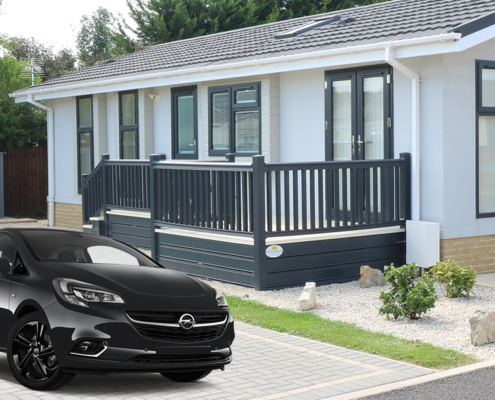
Car Insurance for Park Home Owners: What You Need to Know
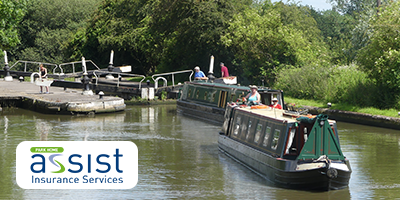
Narrowboat Insurance: What You Need to Know
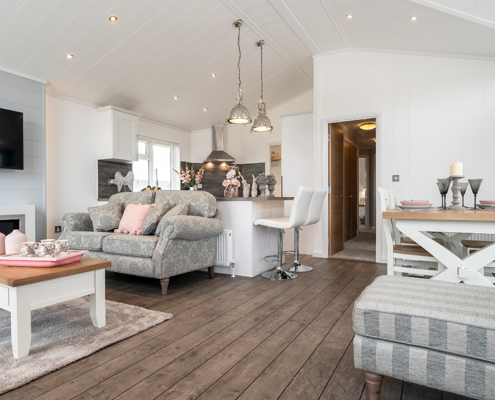
Ten Budget-Friendly Ways to Refresh Your Holiday Home Interior
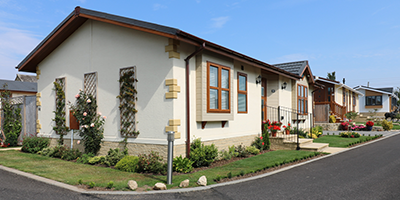
How to Choose the Best Insurance Policy for Your Park Home
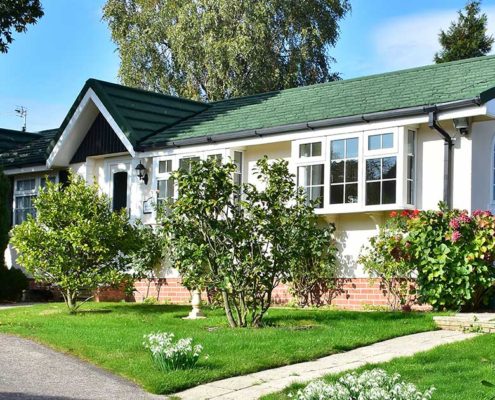
Park Home Assist Review of the Year

Happy Christmas from Park Home Assist

The Top Five Leisure Home Insurance Claims in 2025
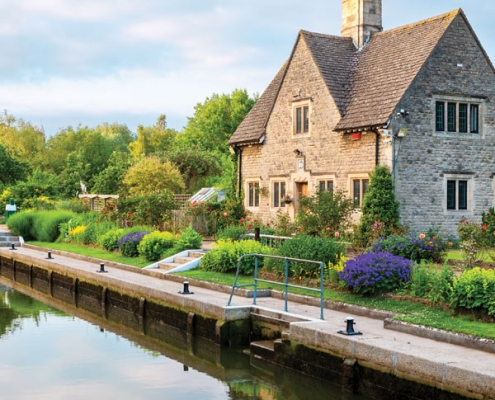
What Does Holiday Home Buildings Insurance Cover?
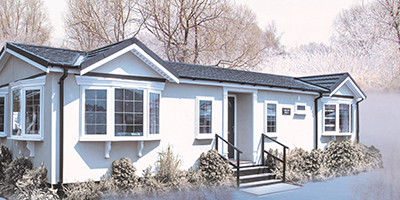
Keeping your Park Home Cosy in Winter
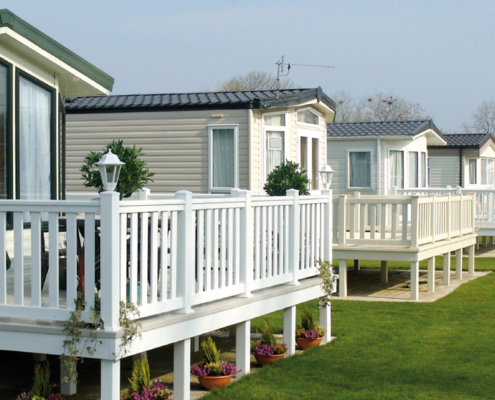
What to do if You’re Vacating Your Static Caravan in the Winter

Preparing your Holiday Home for Winter
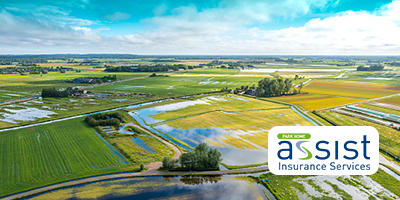
Can You Insure Your Park Home Against Floods?
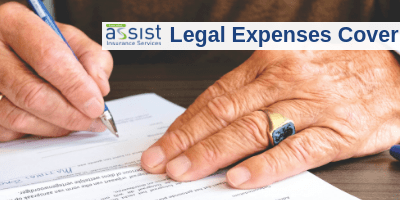
What is Legal Expenses Insurance Cover?
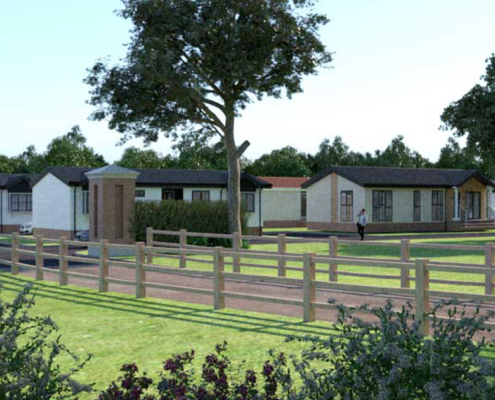
Protecting Your Park Home From Storms
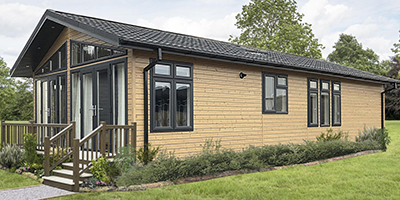
Autumn Maintenance for Holiday Lodges
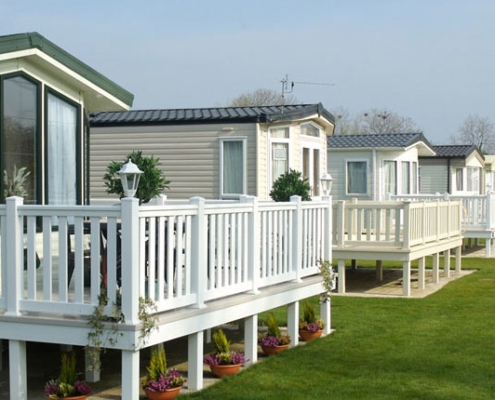
Improving Security Around Your Static Caravan
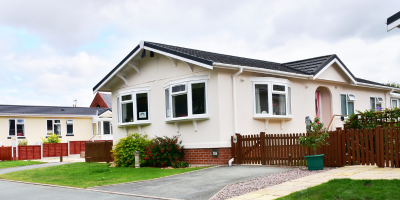
Can I Insure an Older Park Home
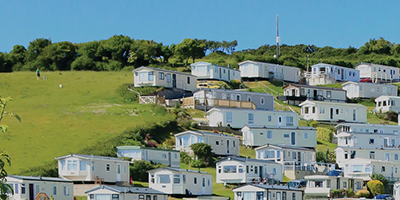
Ways to Renew Your Static Caravan Insurance
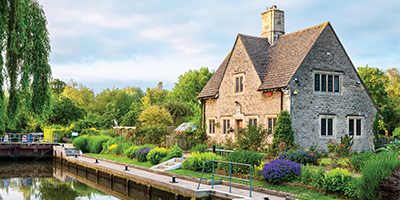
Extending the Season in your Holiday Home
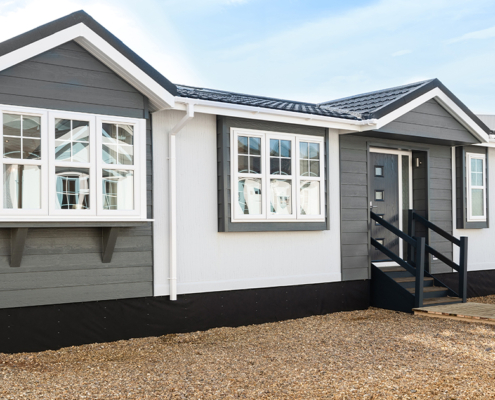
Assist Insurance Reaches 20-year Milestone
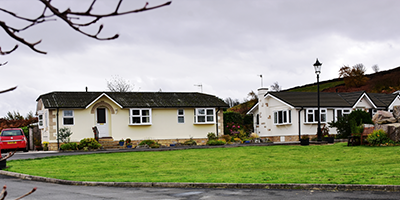
Things to Consider When Buying a Park Home
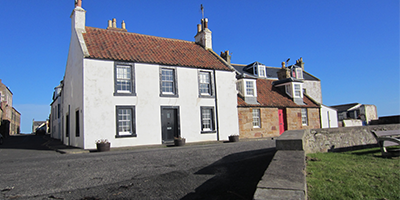
What our Holiday Home Insurance Customers Say About Us
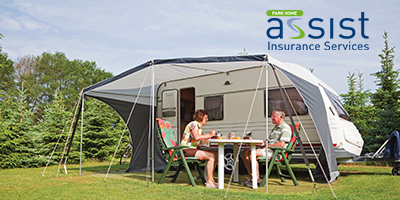
An Introduction to Touring Caravan Insurance
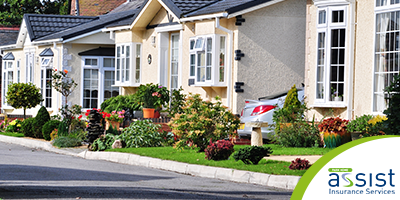
What Our Park Home Insurance Customers Say About Us
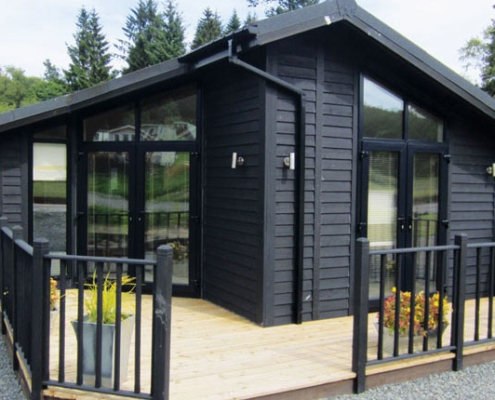
Water Safety Tips for Holiday Lodge Owners

Eight Tips for Letting Your Holiday Home

Tips to Avoid Claiming on Your Park Home Insurance
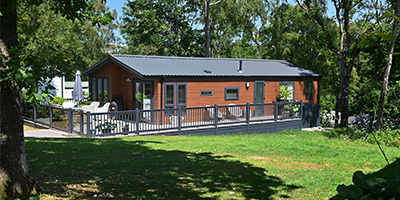
Questions to Ask When Buying a Holiday Lodge
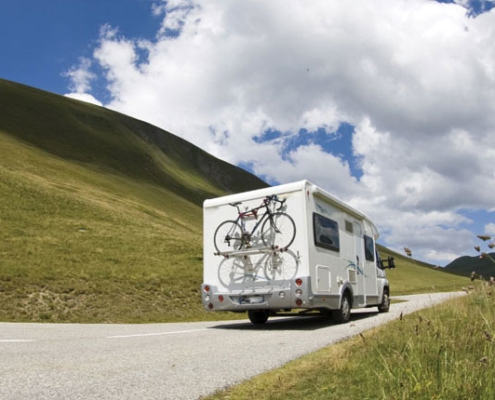
Tips for a Smooth Motorhome Holiday
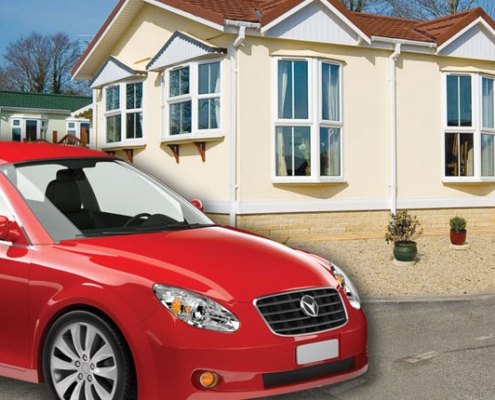
Why Buy Car Insurance from Park Home Assist?
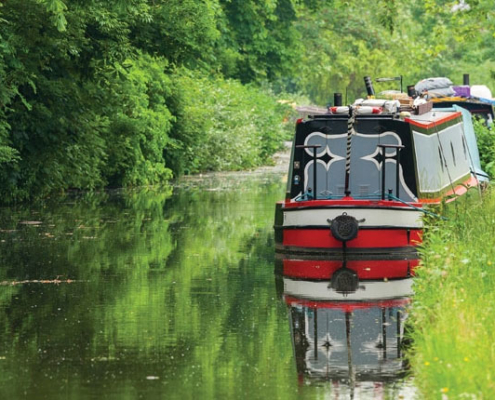
An Introduction to Narrowboat Insurance
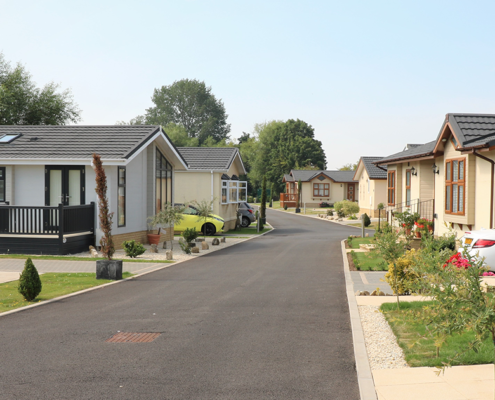
Controlling Vermin Around your Park Home

Why Holiday Home Insurance Customers Choose Park Home Assist

Recommend a Friend to Park Home Assist

Avoiding Accidents in Your Park Home

Why Buy Mobile Home Insurance from Park Home Assist?

Tips for Updating Your Park Home on a Budget
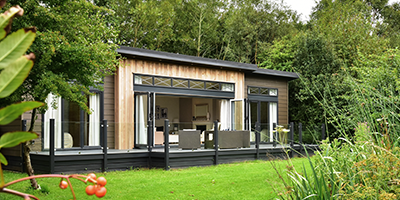
What our Holiday Lodge Insurance Customers Say about Us
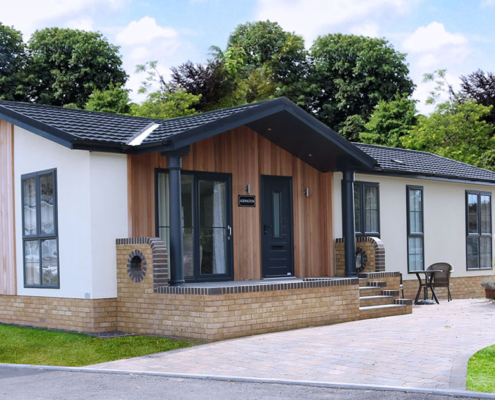
Home Emergency Cover for Your Park Home
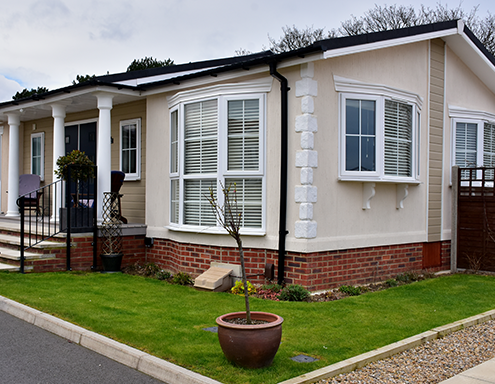
Legal Expenses Cover for Your Mobile Home
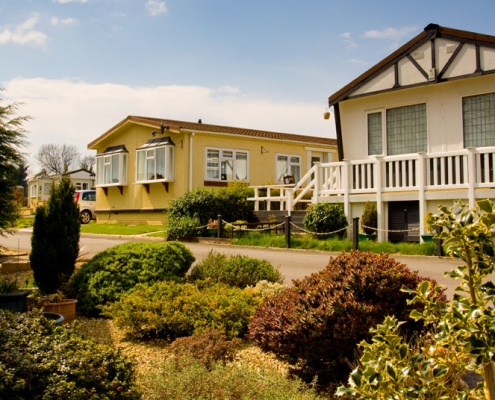
Choosing Your Park Home Insurance Provider
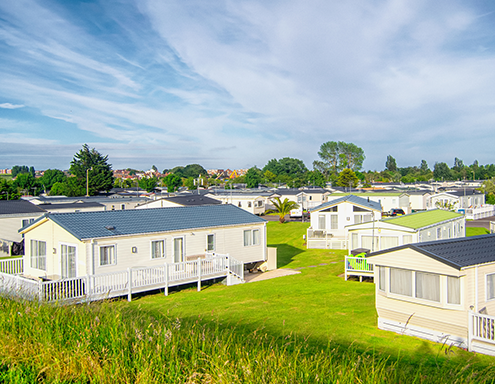
Tips For Buying A Static Caravan
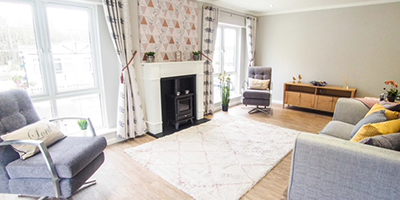
Top Tips for Spring Cleaning your Park Home

Renewing Your Leisure Lodge Insurance Online

Park Home Security

Preparing your Static Caravan for Spring
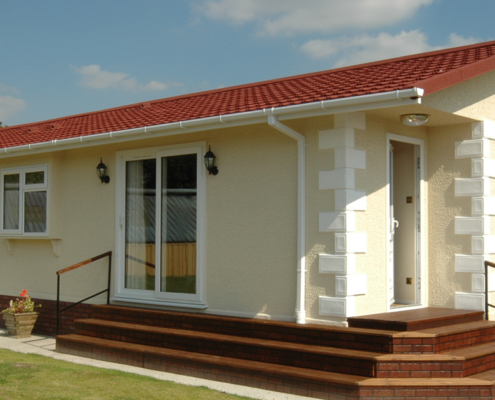
Park Home Spring Maintenance Tips

De-winterising Your Narrowboat
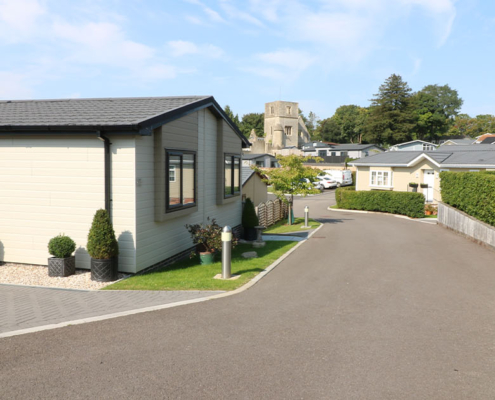
11 Questions About Park Home Insurance

Tips for Updating Your Holiday Lodge

Siting a Park Home
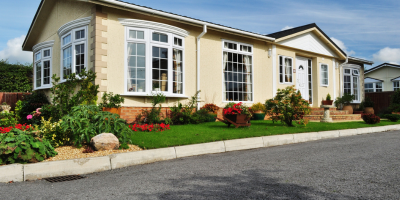
Discounts and Benefits for Mobile Home Insurance

Park Home Assist Win 2025 Feefo Platinum Trusted Service Award

Buying A Park Home

Home Emergency Cover for Your Static Caravan

Top Five Park Home Insurance Claims in 2024

Tips for Preparing Your Narrowboat for Winter
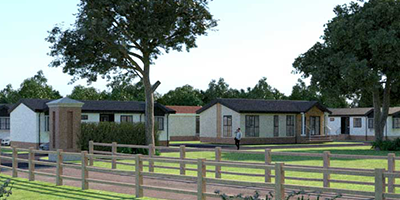
What are the Pros and Cons of Park Home Living?
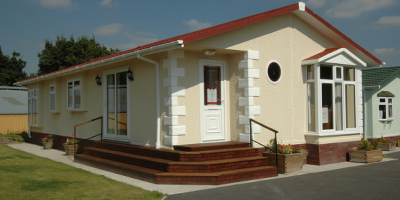
Choosing to Live in a Park Home – 5 Tips for Beginners

A Guide to Mobile Home Insurance

Park Home Winter Maintenance

Preparing Your Static Caravan for Winter
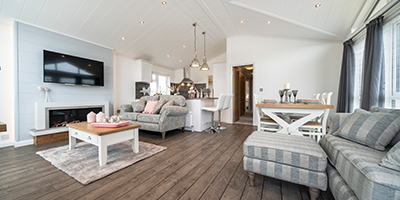
Tips for Updating Your Holiday Lodge on a Budget

What Our Park Home Insurance Customers Say About Us

A Beginner’s Guide to Static Caravan Insurance

Park Home Insurance: Using Technology to Deliver a Better Service

Holiday Lodge Insurance: What is Included as Standard?

Legal Expenses Cover for Your Park Home
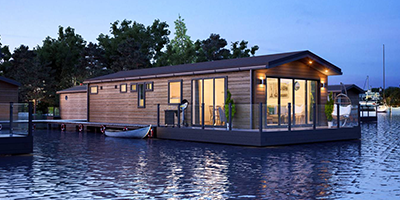
Tips When Buying Floating Home Insurance

Renewing your Park Home Insurance Online

How To Get Best Value Leisure Home Insurance

Recommend Park Home Assist to a Friend

Tips When Letting Your Holiday Home
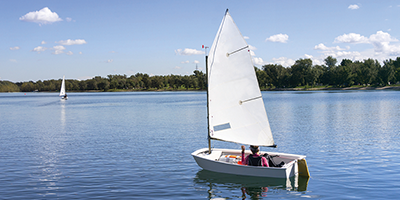
Boat Insurance – What to expect from your cover
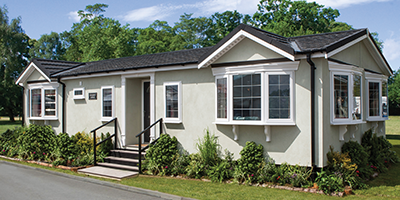
Tips When Making a Park Home Insurance Claim
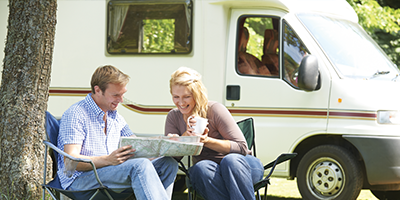
10 Tips for a Motorhome Holiday
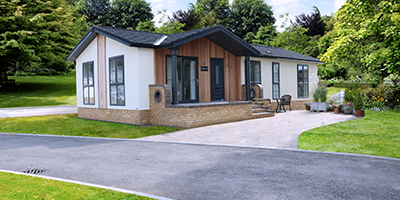
Standard Park Home Insurance Cover – What’s Included?

Shortlisted For Three More Prestigious Insurance Awards

Getting Your Touring Caravan Ready for Summer
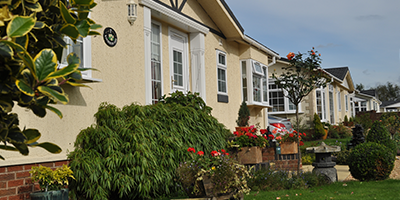
Fire Safety Around Your Park Home

Park Home Assist Insurance Celebrate Triumph at the 2024 British Insurance Awards

Thank you for visiting us at The World of Park and Leisure Homes Show

Managing Insects in Your Park Home

Things to Consider When Buying a Holiday Lodge
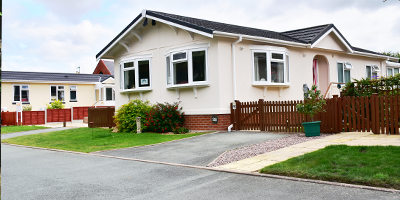
Summer Park Home Maintenance
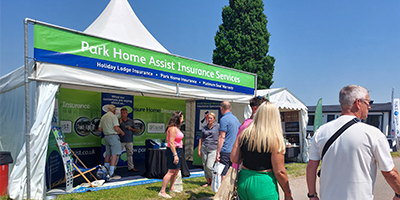
Visit us at the Stoneleigh Show
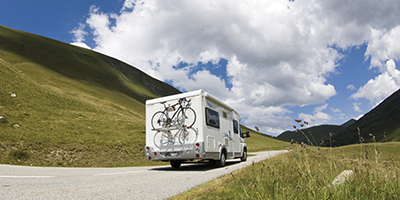
Tips When Buying a Motorhome

Discounts Available on Park Home Insurance

Optional Benefits on your Holiday Home Insurance
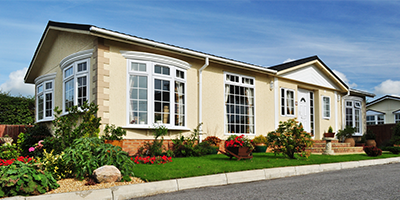
Five Reasons for Choosing Park Home Assist for your Park Home Insurance

12 Spring Maintenance Tips for your Holiday Lodge
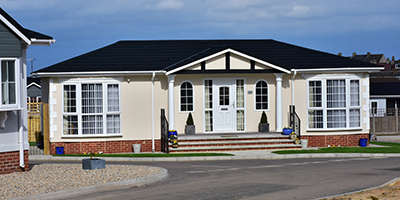
Tips For Updating Your Park Home
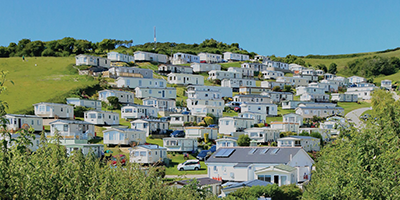
Maintaining Your Static Caravan
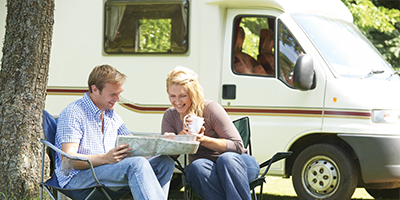
Guide to Insuring your Motorhome

Park Home Assist Insurance Services Shortlisted for 3 Prestigious Insurance Awards

De-winterise your Holiday Lodge

The benefits of having your park home insurance policy underwritten by Lloyd’s of London
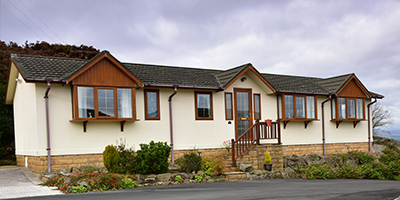
Optional Benefits on your Park Home Insurance

Can a Holiday Home be a Main Residence?

Holiday Lodge – Legal Expenses Cover

Park Home Owners’ Rights and Obligations

Selling or Gifting a Park Home
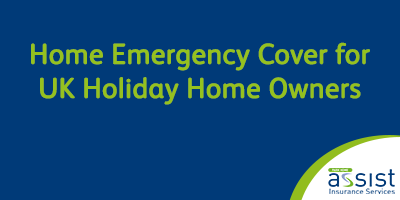
Home Emergency Cover for your UK Holiday Home
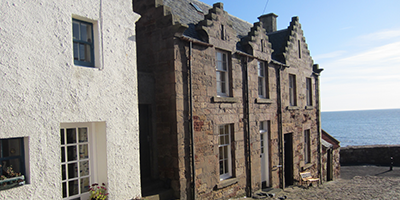
Choosing your holiday home insurance provider
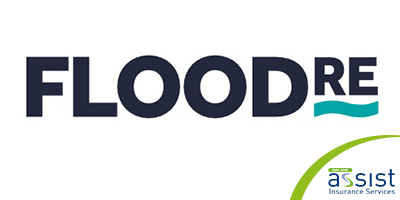
The Flood Reinsurance Scheme in the UK

2024 Feefo Platinum Trusted Service Award Winners
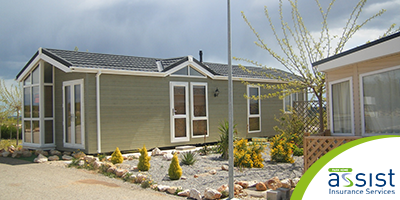
Park Home Maintainance

Beware Of Rogue Traders Who Could Be Operating In Your Area

Legal Expenses Cover

Online Park Home Insurance Quotations

Personal Possessions Cover

Common Park Home Insurance Mistakes
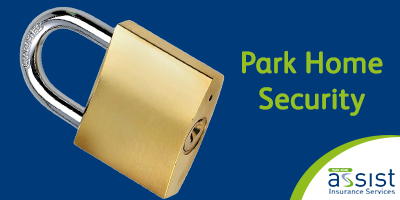
Park Home Security – 10 Tips to Help You Feel Safer in Your Park Home
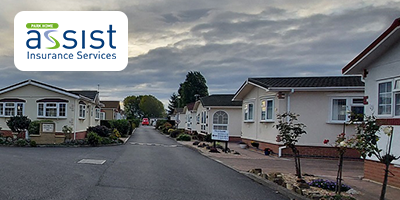
Preparing Your Park Home For Storms

Do You Need Home Emergency Cover?
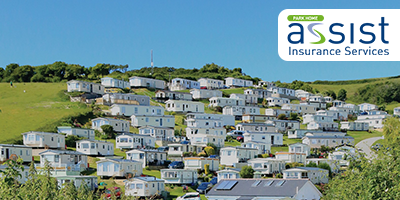
How to Renew Your Park Home Insurance
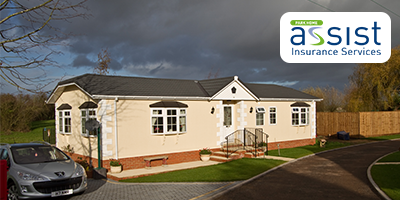
Preparing Your Park Home For Winter

Insurance Tips

Static Caravan Insurance – The Essentials
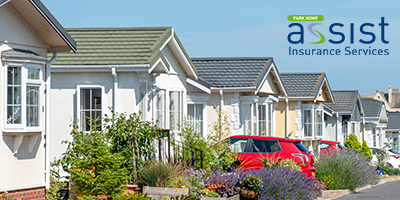
Park Home Owners’ Car Insurance

Benefits of Living in a Park Home Community

Can you live in a static caravan all year round?

Benefits of Buying a Holiday Home

8 Tips When Buying a Sailing Boat

Buying a New Park Home

Things to Consider When Buying a Narrowboat

Choosing the Best Park Home for You
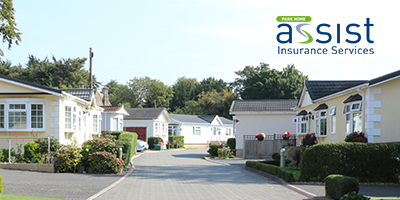
Ten Reasons for Retiring to a Park Home

Ways to Buy a Park Home
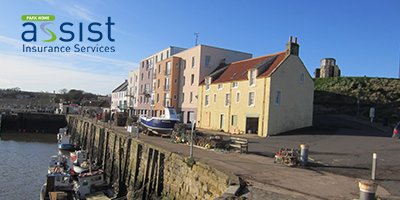
What You Need To Know When Buying A Holiday Home In The UK
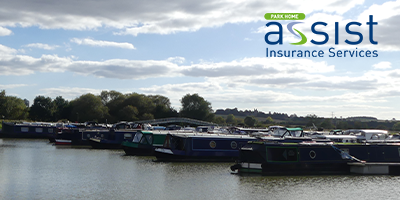
Buying Boat Insurance – How to Avoid Common Pitfalls
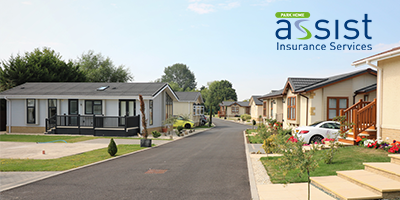
Is Park Home Living Right for You?
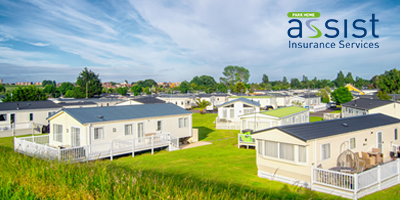
Great UK Holiday Destinations

What is the difference between a Holiday Park and a Residential Park?
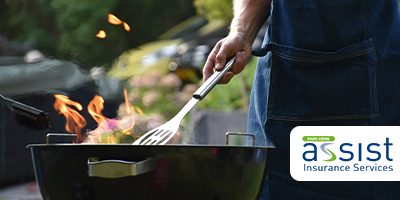
Barbecuing Safely Outside Your Park Home
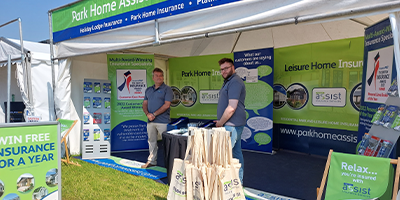
Thank You For Visiting Us At The World Of Park & Leisure Homes Show
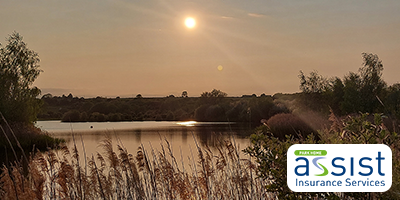
The Benefits of Living in the Countryside
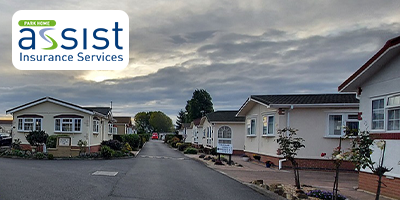
Park Home Owners’ Rights and Obligations
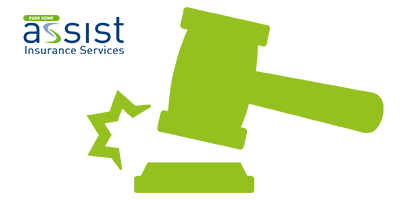
Reasons To Include Legal Expenses Cover In Your Park Home Insurance

Touring Caravan Insurance Guide
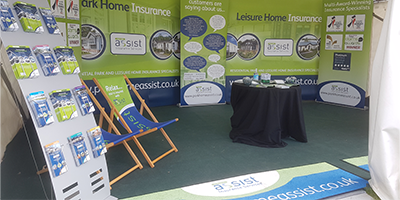
The World of Park & Leisure Homes Show
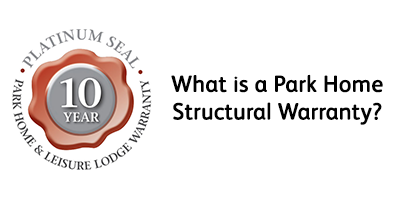
What is a Park Home Structural Warranty?
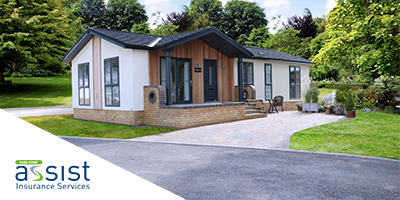
Preventing Damp In Your Park Home
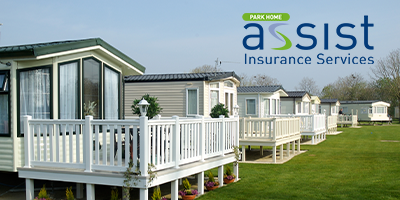
Preparing Your Static Caravan for the Holidays
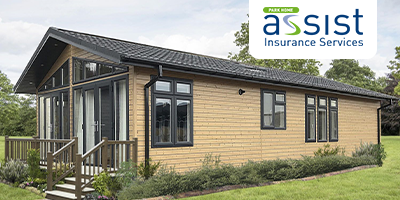
Holiday Lodge Insurance – The Essentials
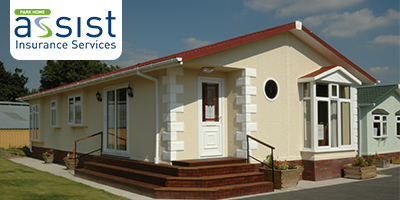
Spring Maintenance Tips for Park Home Owners

Your Park Home Spring Maintenance Checklist
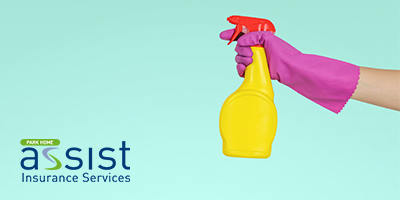
7 Spring Cleaning Tips for your Park Home
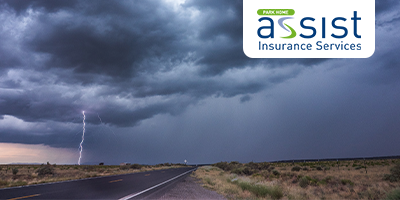
What to do in the event of a storm

Preparing your Park Home for Stormy Weather
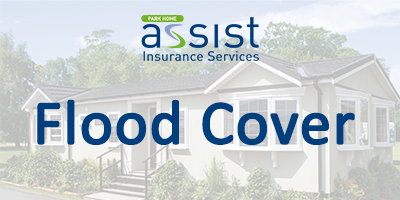
Flood Cover – Now Also Available in Many High Risk Areas

Who Regulates The Insurance Industry?

Protecting Vulnerable Customers
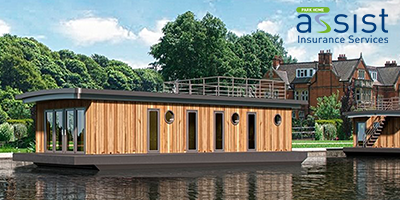
Guide to Floating Home Insurance
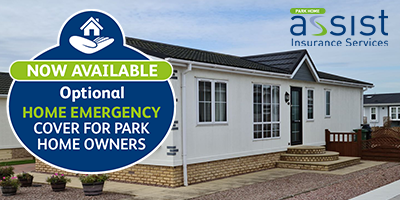
Five Reasons To Buy Home Emergency Cover

Park Home Assist Win 2023 Platinum Trusted Service Award
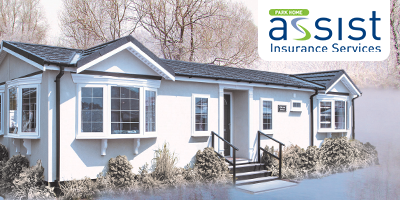
Tips For Insulating Your Park Home

Save Money On Your Park Home Insurance – Recommend A Friend

Tips To Remain Warm This Winter
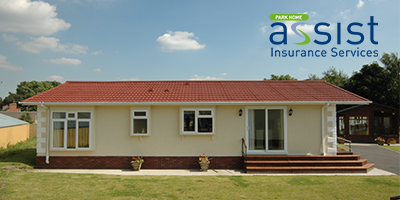
Ten Security Tips
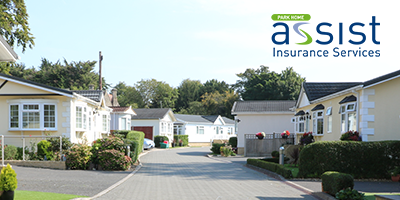
What To Do With Your Furniture When Downsizing To A Park Home
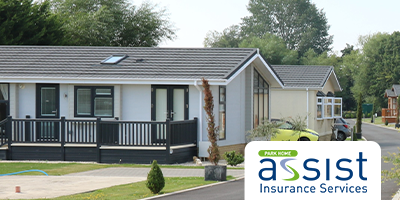
How To Make A Park Home Insurance Claim
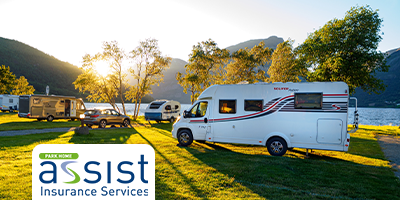
Security Devices For Motorhomes

Six Tips to Reduce Waste and Save Money
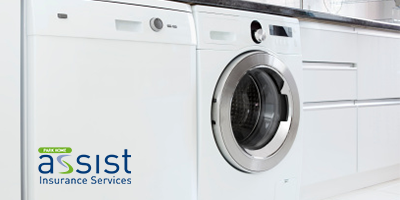
Park Home Domestic Appliances – How to Reduce Running Costs

What To Do In A Flood

Motorhome Security On The Road

Winter Closing Down Requirements
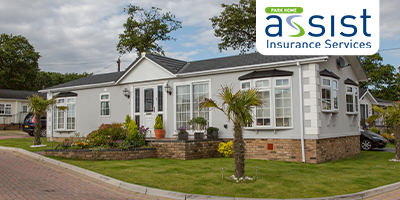
Solar Panels For Your Park Home
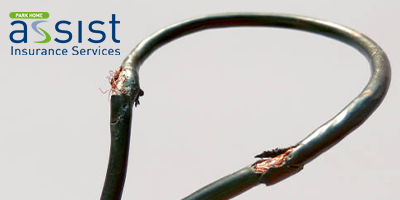
Damage Caused by Vermin Cover
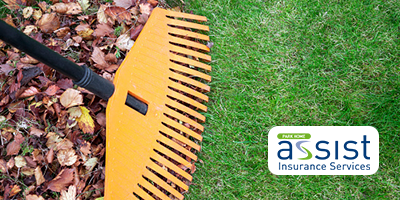
Autumn Maintenance Jobs Around Your Park Home
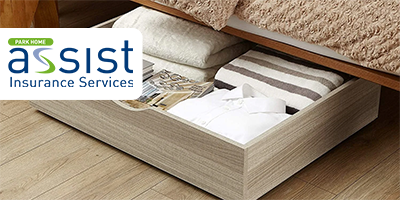
Ten Easy Storage Solutions For Inside Your Park Home
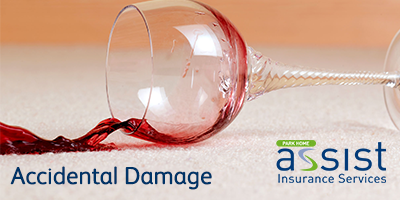
Accidental Damage Cover for your Park Home Contents
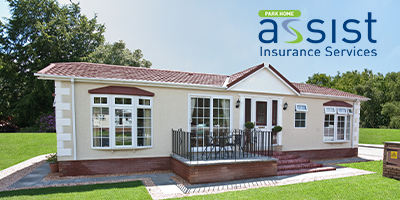
Buying A Bespoke Park Home
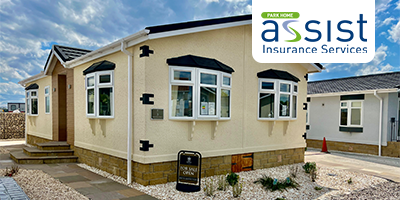
10 Questions to Ask When Buying a Park Home
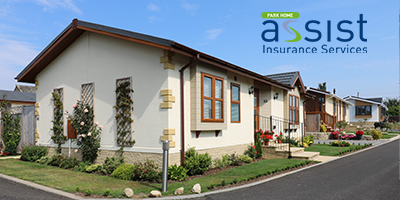
Making Sure Your ‘Sums Insured’ Are Right
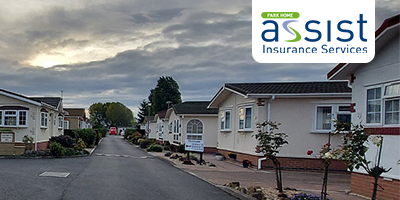
Tips to Avoid a Claim on your Park Home
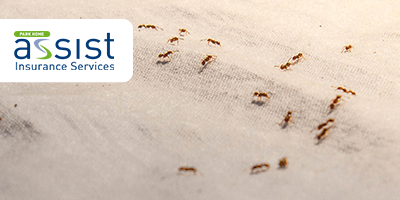
Dealing With Insects In Your Park Home
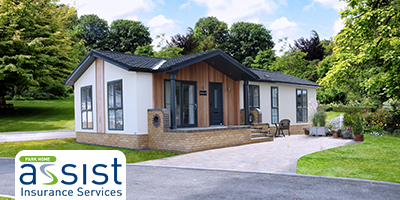
Fire Safety In Your Park Home This Summer
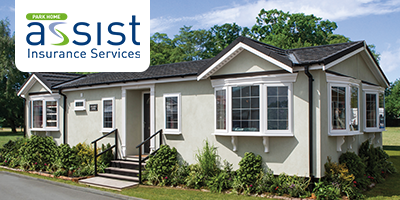
Benefits of Buying a Park Home

Money and Credit Cards Insurance Cover

Tips for barbecuing safely this summer

A Guide to Motorhome Insurance

We’re Winners! 2022 Customer Care Award

WINNERS! – 2022 Personal Lines Broker of the Year
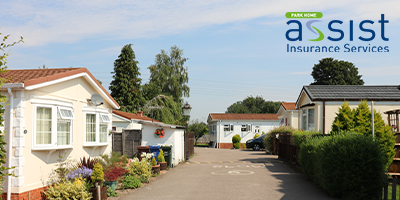
Downsizing to a Park Home (in a Cost of Living Crisis)
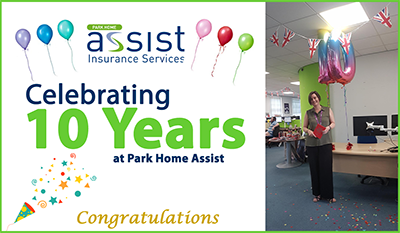
Congratulations Kate on your 10 Year Anniversary
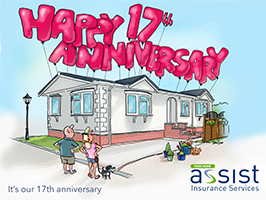
Celebrating 17 Years in Business
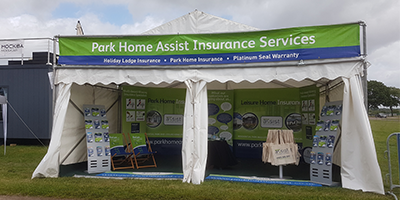
Thank You For Visiting Us At The World Of Park & Leisure Homes Show
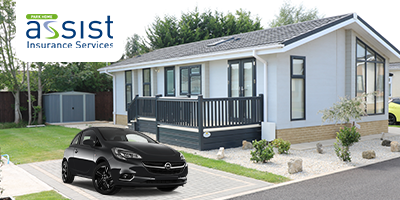
The Benefits of Insuring your Car with Park Home Assist
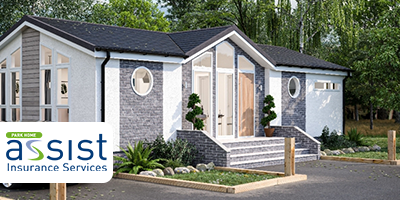
Tips To Avoid Damp In Your Park Home

Rewarding our Customers Through our Recommend a Friend Scheme
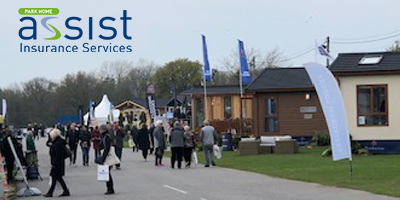
The World of Park & Leisure Homes Show is Back!

Settling In To Your Park Home Community

Thank You for Visiting Us At The Lifestyle Show
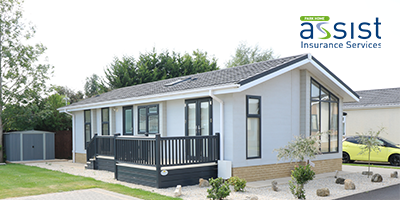
Flood Cover for Park Home Owners
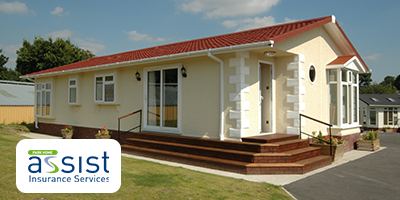
Making A Claim With Multi-Award-Winning Park Home Assist
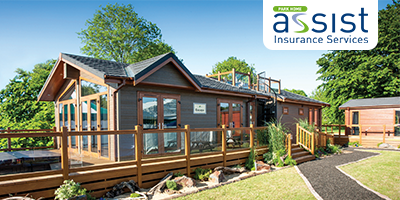
Holiday Lodge Buyers Guide

Do I need Personal Possessions Cover?

Park Home Assist Shortlisted for The Customer Care Award

Park Home Assist Shortlisted for Personal Lines Broker of the Year Award
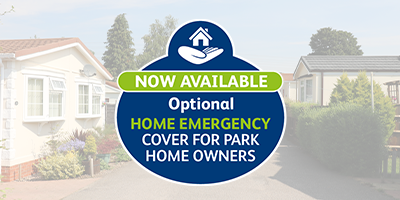
The Importance of Home Emergency Cover

Choosing Your Park Home Insurance Provider
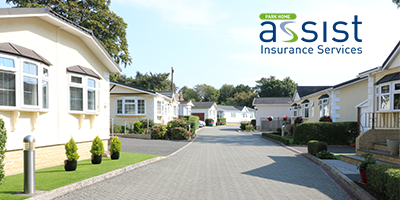
Making Your Park Home More Secure
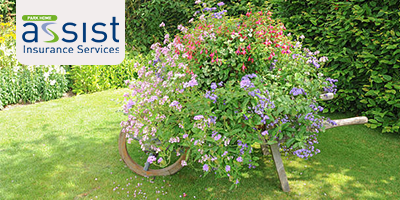
Maintaining the Hard Landscaping in your Park Home Garden

Ten Tips for Spring Garden Maintenance
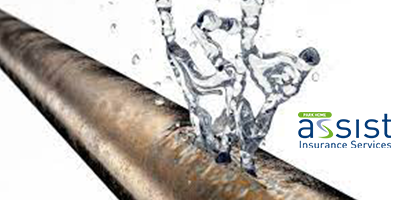
How to Deal with Burst Pipes

Escape of Water – Ten Tips for Prevention

Accidental Damage Insurance

Preparing Your Park Home For Storms And Bad Weather

The Benefits of Legal Expenses Cover

Questions To Ask When Buying A Park Home
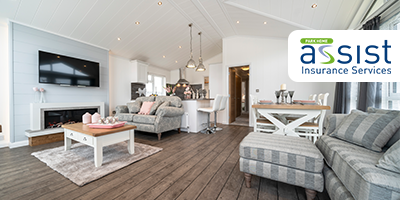
Upgrading Your Park Home Interior

Park Home Assist Win 2022 Platinum Feefo Award

A Guide To Decluttering Your Park Home

Choosing Appliances For Your Park Home
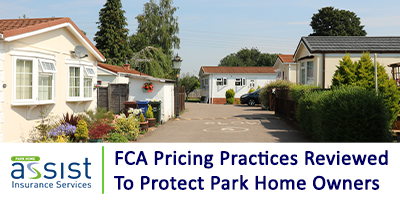
FCA Pricing Practices Reviewed To Protect Park Home Owners
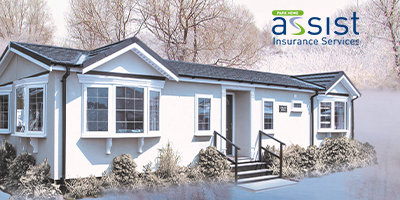
10 Tips For Staying Safe In Your Park Home At Christmas

What is Underinsurance?
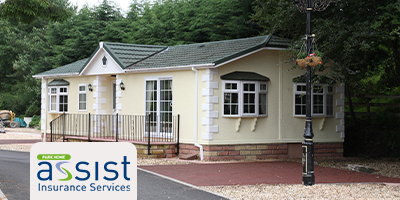
Keeping Warm In Your Park Home This Winter
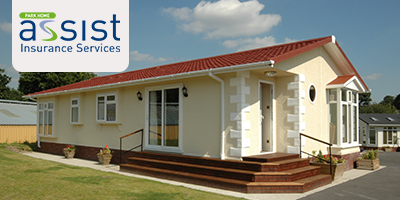
Reducing Condensation In Your Park Home

Taking Photos For Park Home Insurance Claims
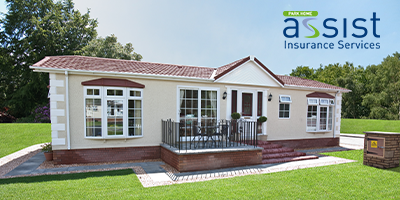
Getting Help With Your Park Home Energy Bills
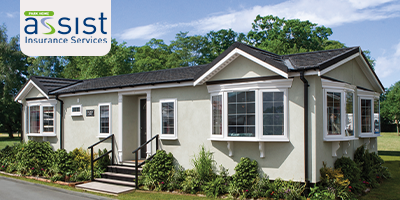
Coping With Winter Emergencies In Your Park Home
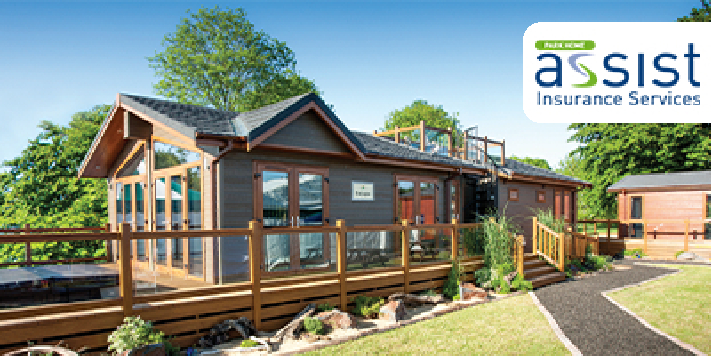
Getting Your Holiday Lodge Ready For Winter

Insulation for Park Homes

Autumn Maintenance for Park Homes

Delivering The Service You Expect To Receive When Making A Claim

Thinking Of Retiring To A Park Home?
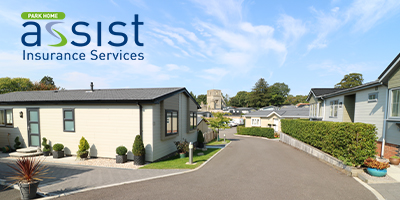
Dealing With Pests In Your Park Home
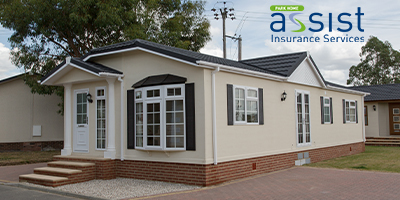
The Mobile Homes Act 2013 Explained

Security For Park Homes

Is A Holiday Let A Good Investment?
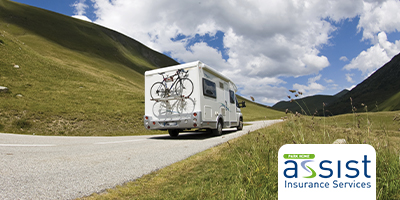
Guide to Motorhome Insurance
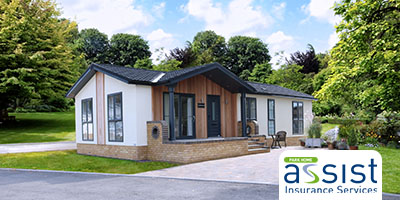
10 Tips For Insuring Your Park Home
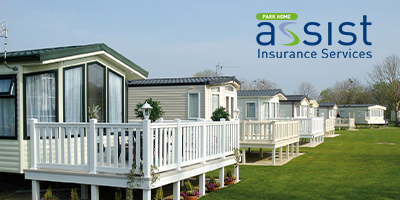
Getting your Static Caravan Buildings Insurance Right
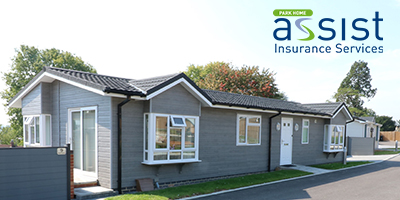
Reducing Plastic Use In Your Park Home

Fire Safety In Your Holiday Lodge

Guide To Buying A Holiday Lodge

Getting Your Park Home Contents Insurance Right
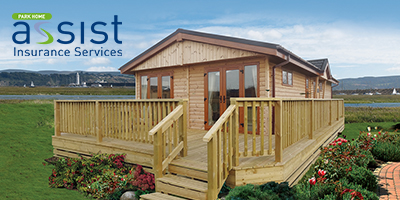
Preparing Your Holiday Lodge for the Peak Season
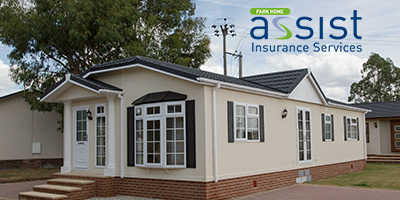
Making Your Park Home More Environmentally-Friendly
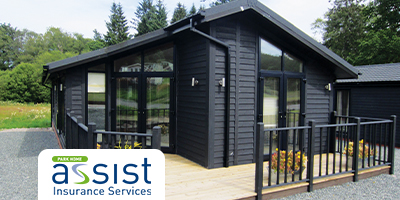
Renting Out Your Holiday Lodge
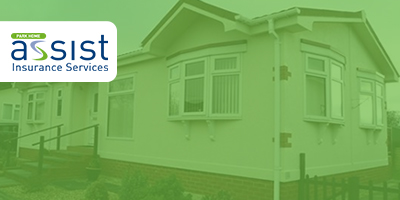
Protecting Your Park Home from Water Leaks

Blanket Sums Insured Explained
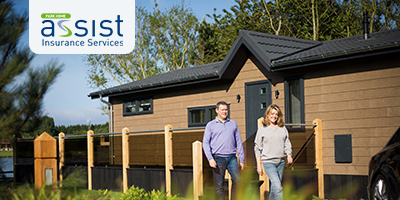
Holiday Lodge Insurance – What To Look Out For
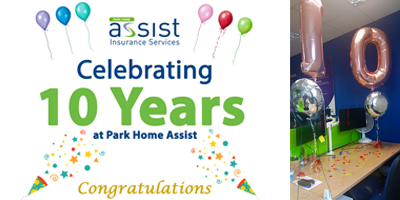
Congratulations Laura, on your 10-year work anniversary
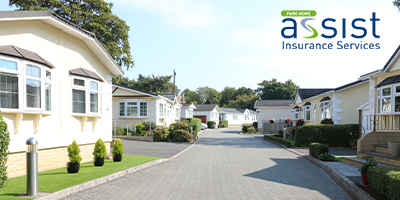
Park Home Security
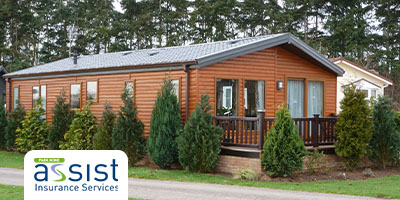
Handling Complaints And Negative Feedback About Your Holiday Lodge

Car Insurance for Park Home Owners

‘Park Home’ Home Emergency Cover
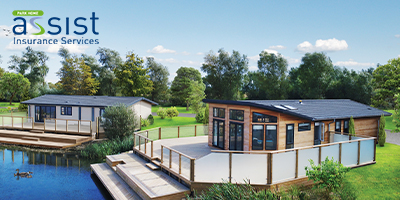
Preparing your Holiday Lodge for the Season

Park Home Maintenance Checklist

Finding the Right Park Home Maintenance Contractor

Park Home Structural Warranty
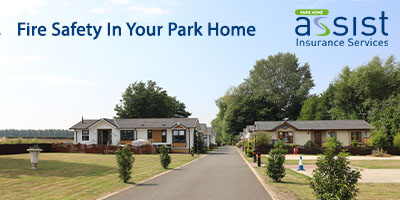
Fire Safety in Your Park Home
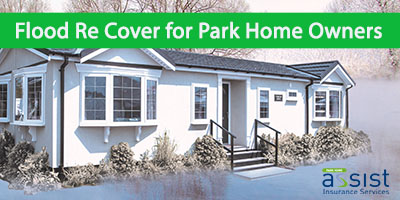
Park Home Assist Offers Park Home Customers Flood Re Cover

Inheritance Tax and Park Homes

Inheritance Rules for Park Homes
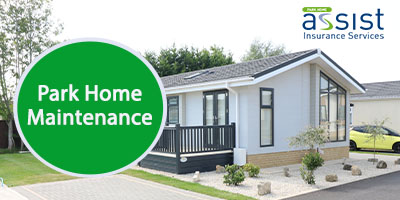
Park Home Maintenance

FAQs about Park Home Living

Making a Park Home Insurance Claim

Five Common Park Home Insurance Claims
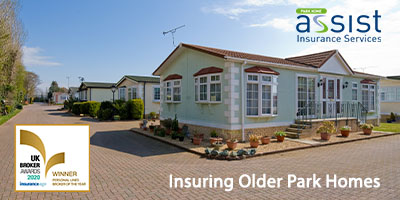
Insuring Older Park Homes
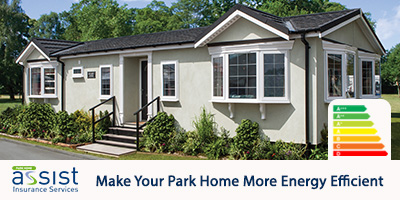
Make Your Park Home More Energy Efficient
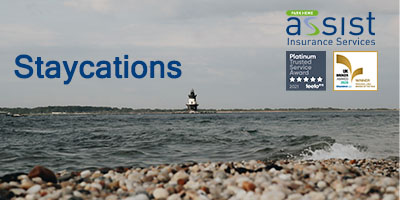
UK Staycations

Buying A Park Home

2021 Feefo Platinum Trusted Service Award Winners

Preventing Damp in your Park Home
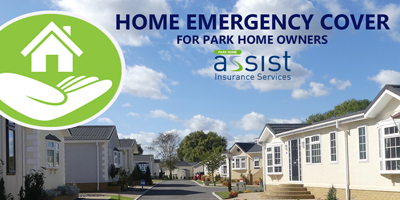
NEW! Home Emergency Insurance Cover for Park Home Owners

Facebook Winner Confirmed
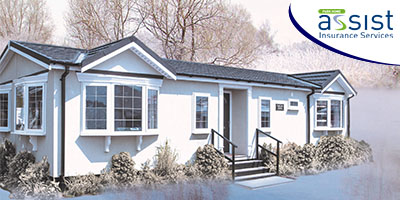
Preparing your Park Home for the Winter

Park Home Assist Win UK Broker Award

Park Home Assist Puzzle Books Receive Fantastic Feedback

Park Home Assist Shortlisted for UK Broker Award

Prize Draw Winners Confirmed

Over 16,000 People Visit our Puzzle Pages

50,000 Puzzle Books Sent to Park Home Owners

COVID-19 Client Service & Support
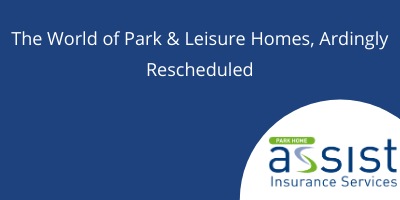
The World of Park & Leisure Homes Show, Ardingly Rescheduled

We’re Exhibiting at The World of Park & Leisure Homes Show in Ardingly 2020

Park Home Assist Insurance Services receives Feefo Platinum Trusted Service Award 2020

Christmas 2019 Prize Draw
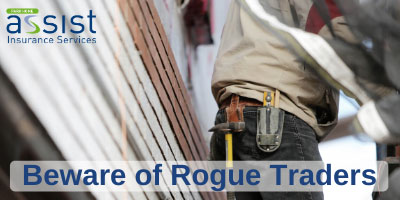
Beware of Rogue Traders

Park Home Assist Sponsor Defibrillator Fundraising Event
 https://www.parkhomeassist.co.uk/wp-content/uploads/2019/09/claims20.jpg
200
400
Park Home Assist
/wp-content/uploads/2017/05/logov2.png
Park Home Assist2019-09-12 13:43:492021-03-24 12:22:49Insurance claim handled exactly how it should be.
https://www.parkhomeassist.co.uk/wp-content/uploads/2019/09/claims20.jpg
200
400
Park Home Assist
/wp-content/uploads/2017/05/logov2.png
Park Home Assist2019-09-12 13:43:492021-03-24 12:22:49Insurance claim handled exactly how it should be.
Show Winner Confirmed
 https://www.parkhomeassist.co.uk/wp-content/uploads/2019/08/insure20.jpg
200
400
Park Home Assist
/wp-content/uploads/2017/05/logov2.png
Park Home Assist2019-08-06 11:57:002021-03-24 12:23:48You are in really good hands when you insure with Park Home Assist
https://www.parkhomeassist.co.uk/wp-content/uploads/2019/08/insure20.jpg
200
400
Park Home Assist
/wp-content/uploads/2017/05/logov2.png
Park Home Assist2019-08-06 11:57:002021-03-24 12:23:48You are in really good hands when you insure with Park Home Assist https://www.parkhomeassist.co.uk/wp-content/uploads/2019/07/making-claims20.jpg
200
400
Park Home Assist
/wp-content/uploads/2017/05/logov2.png
Park Home Assist2019-07-09 12:50:442021-03-24 12:24:01Making a Claim with Award-Winning Park Home Assist
https://www.parkhomeassist.co.uk/wp-content/uploads/2019/07/making-claims20.jpg
200
400
Park Home Assist
/wp-content/uploads/2017/05/logov2.png
Park Home Assist2019-07-09 12:50:442021-03-24 12:24:01Making a Claim with Award-Winning Park Home Assist https://www.parkhomeassist.co.uk/wp-content/uploads/2019/04/car-insurance20.jpg
200
400
Park Home Assist
/wp-content/uploads/2017/05/logov2.png
Park Home Assist2019-04-17 11:25:472021-03-24 12:24:13Extra Benefits with our Car Insurance
https://www.parkhomeassist.co.uk/wp-content/uploads/2019/04/car-insurance20.jpg
200
400
Park Home Assist
/wp-content/uploads/2017/05/logov2.png
Park Home Assist2019-04-17 11:25:472021-03-24 12:24:13Extra Benefits with our Car Insurance https://www.parkhomeassist.co.uk/wp-content/uploads/2019/03/leisure-homes20.jpg
200
400
Park Home Assist
/wp-content/uploads/2017/05/logov2.png
Park Home Assist2019-03-28 13:04:412020-01-09 17:53:14New Leisure Home Insurance Policies
https://www.parkhomeassist.co.uk/wp-content/uploads/2019/03/leisure-homes20.jpg
200
400
Park Home Assist
/wp-content/uploads/2017/05/logov2.png
Park Home Assist2019-03-28 13:04:412020-01-09 17:53:14New Leisure Home Insurance Policies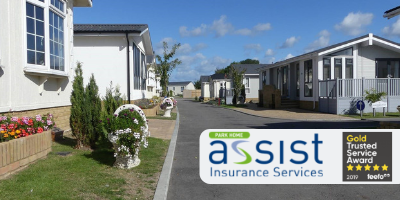
Are you due to retire and thinking of moving?

Park Home Assist Awarded Feefo Gold Trusted Service Award 2019

Residential vs Holiday Parks
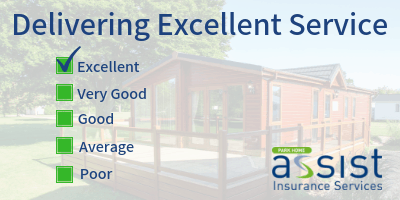
Excellent Service When Needed Most

Park Home Assist Christmas Prize Draw

Tingdene Homes New Visitor Centre

10 Tips for Preparing your Park Home for Winter

Protect your Park Home from Escape of Water

Fire Safety in your Park Home

Legal Expenses Cover

Maintaining your Park Home

Park Home Search – New Free Online Property Search

Dave Relishes New Role at Park Home Assist

Park Home Assist Donates Star Prize at Glenholt Park Summer Fair

10 Reasons to Choose Park Home Living

Park Home Assist Insurance go the extra mile…

Park Home Assist Awarded Feefo Gold Trusted Service Award 2018

Tips for barbecuing safely this summer

World of Park and Leisure Homes Show 2018

It’s great to be appreciated

Specialist Leisure Insurer, Park Home Assist Nominated For Two Insurance Times Awards

Tingdene’s Autumn Open Day – 8th October
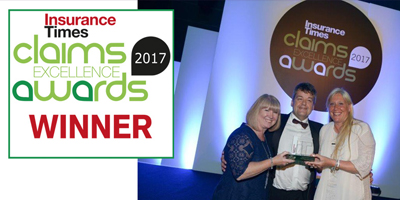
Park Home Assist wins top insurance claims award

Specialist insurer, Park Home Assist shortlisted for national customer care award

Residents evacuated from Mill on the Mole residential park in South Molton after flooding
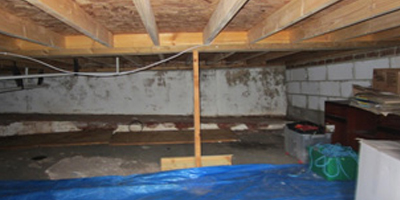
The Importance Of Maintaining Your Park Home (Part 2)
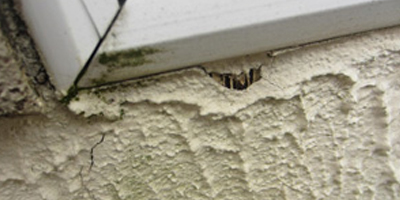
The Importance Of Maintaining Your Park Home (Part 1)
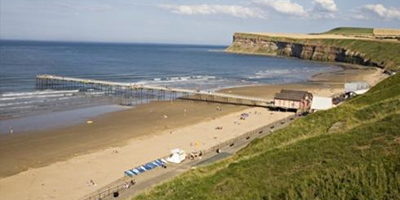
Hazelgrove Park, Open Day
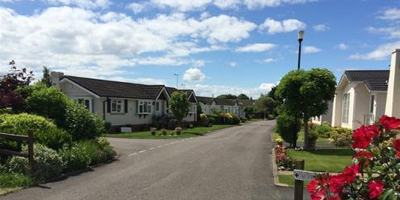
Ashwood Park, Open Day

Caring For Your Park Home Chassis

Visit us at the World of Park & Leisure Homes Show

Tingdene Homes Spring Open Day

Park Home Assist Award Gold Trusted Merchant

Ashwood Park, Spring Open Weekend
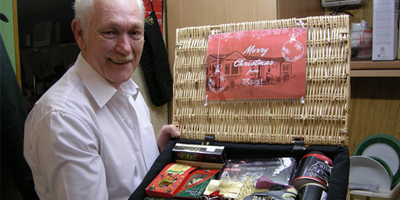
A Happy Christmas at Grange Farm Estate

Storm & Flood Update

Tailored Cover with Flexible Payments

Park Home Assist Celebrates It’s 10th Birthday
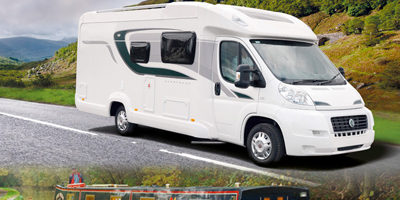
New Products – Motorhome and Marine
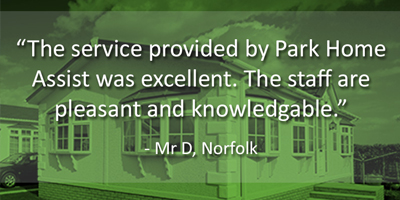
Feefo Feedback Proving A Success

Setting The Standards In Claims Service
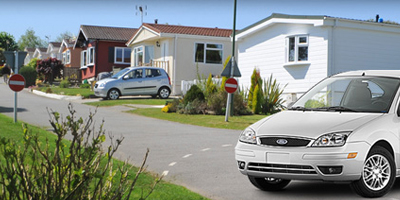
Park Home Assist Launch Car Insurance For Park Home Owners
Company
Insurance Services
- Park Home Insurance
- General Insurance Tips & Advice For Park Home Insurance
- Mobile Home Insurance
- Holiday Lodge Insurance
- Park Home Owner Car Insurance
- Motorhome Insurance
- Static Caravan Insurance
- Floating Home Insurance
- Boat Insurance
- Touring Caravan Insurance
- Holiday Home Insurance
- Making a claim
- UK Park home insurance
- FloodRe

